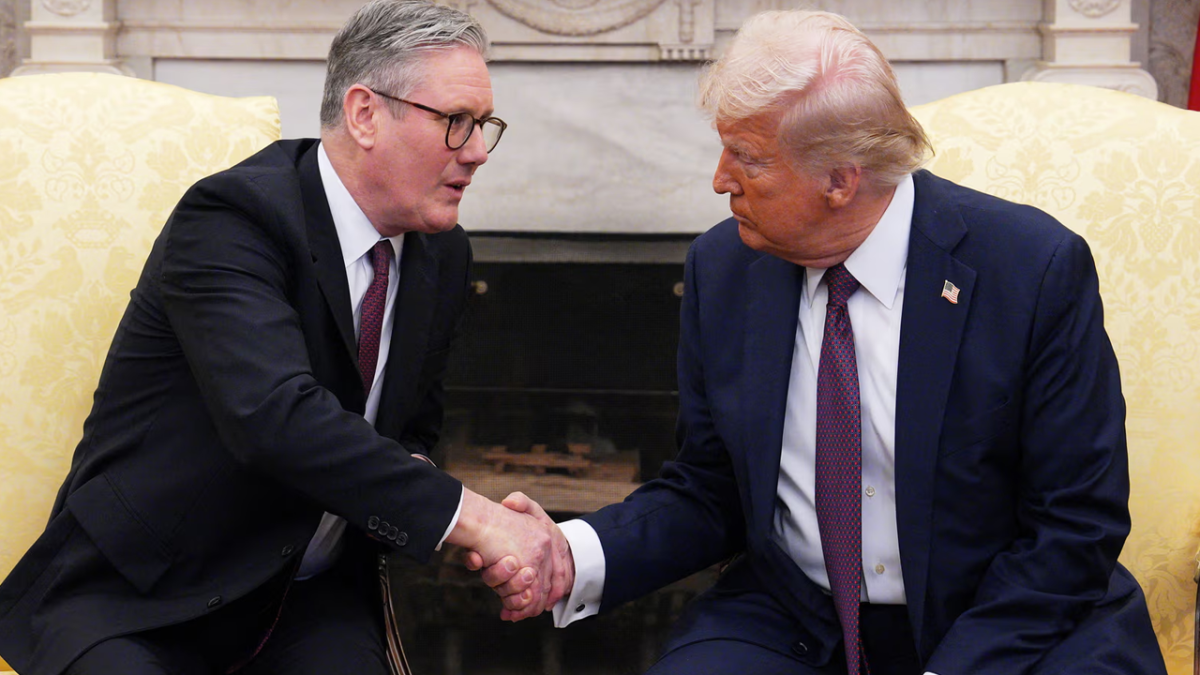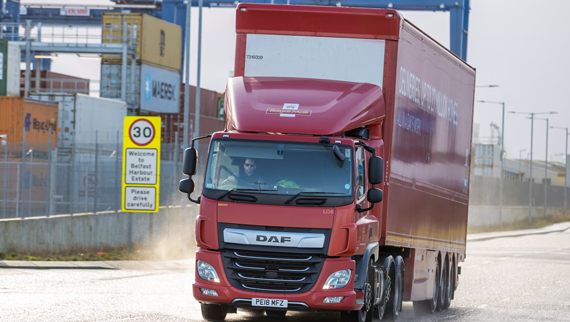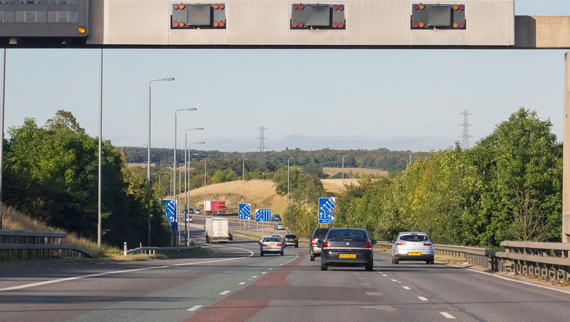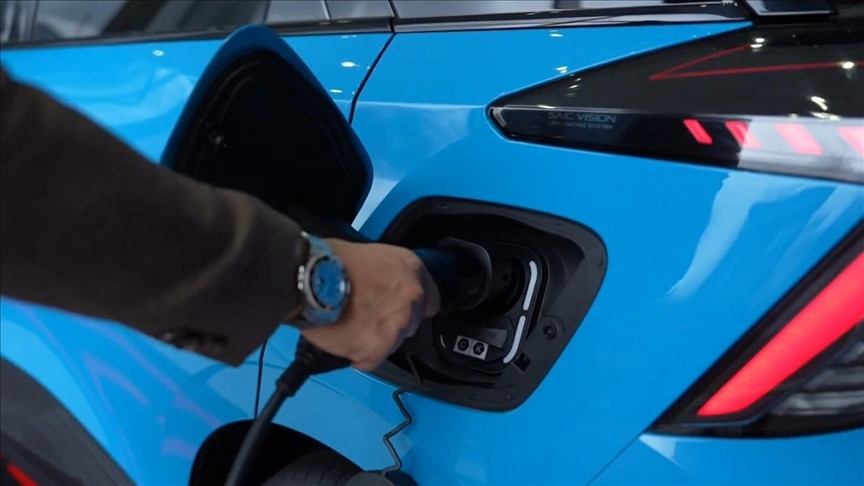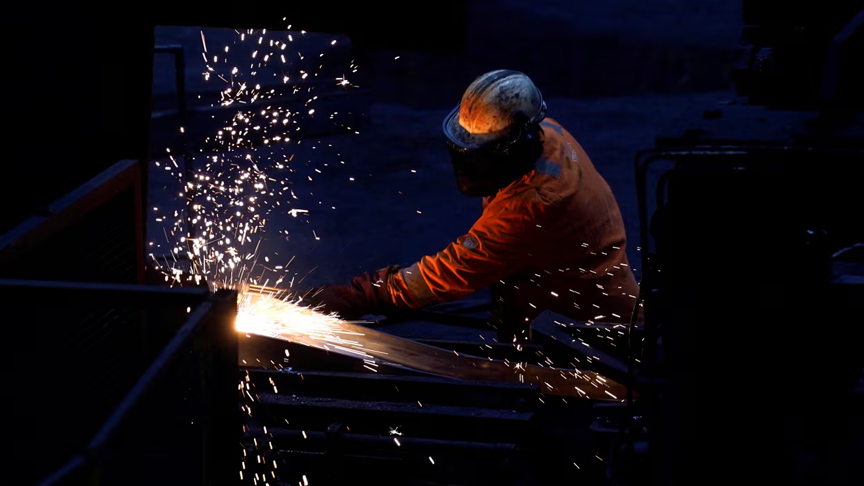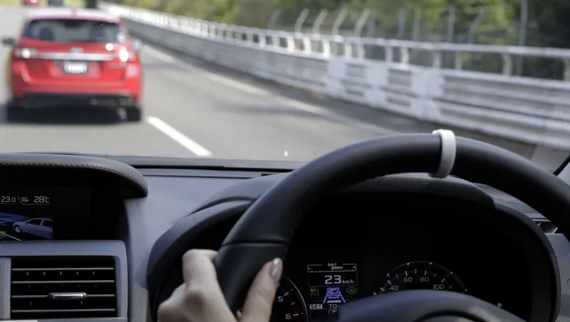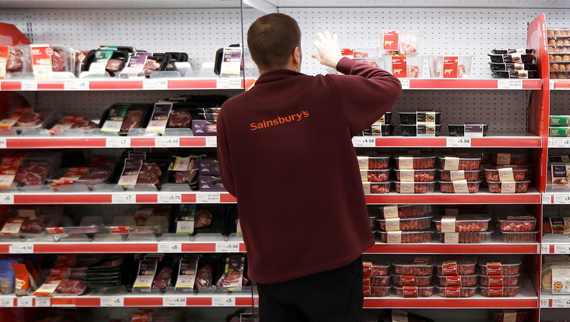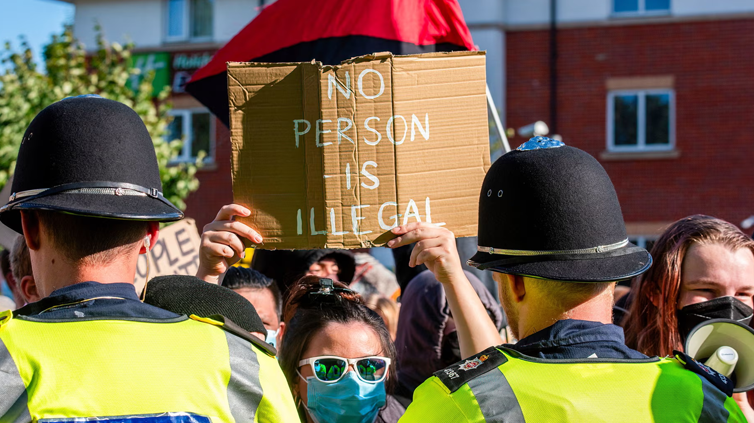Downing Street says Trump’s tariffs signal ‘new era’ in global economics
Downing Street says Trump’s tariffs signal ‘new era’ in global economics
Experts say UK may have to raise taxes in autumn as senior MPs caution against too many concessions in US trade talks
Experts say UK may have to raise taxes in autumn as senior MPs caution against too many concessions in US trade talks
Donald Trump’s tariffs signal a new global economic era, Downing Street has said, as economists warned that the British government would probably have to raise taxes in response.
No 10 said on Friday the prime minister believed that this week’s trade announcement by the US president, which has started a global trade war and sent stock markets tumbling, marked a turning point in history.
Keir Starmer is due to speak to European and Commonwealth leaders in a series of calls over the next few days before setting out on Monday how he intends to respond more fully.
Senior MPs have called on him not to give too much ground to Washington in trade talks, cautioning against trying to become “the 51st US state”.
The prime minister is expected to say next week that he wants to cut red tape and remove more planning restrictions in order to boost growth, but experts say this is unlikely to fill a new black hole in the autumn budget.
A Downing Street spokesperson said: “The global economic landscape is shifting, and we need to shift with it through overhauling our planning system, bringing forward our industrial strategy and cutting excess red tape. We are already embracing that new era and ready to tackle it.”
Ministers have said they are still optimistic they can agree a trade deal with the US in the coming weeks that would avoid the worst of the direct impact of the tariffs. It is hoped negotiations will restart next week.
The broad outlines of a deal have been drawn up and include concessions across a range of areas, including a lower digital services tax on US tech companies and reduced tariffs on some agricultural products. The government has not denied reports that the deal includes a commitment to review enforcement of the UK’s online safety and digital competition regulations.
Liam Byrne, the Labour chair of the business and trade select committee, warned ministers against making too many concessions. “President Trump’s tariffs could hit our economy so hard that we stand to lose billions and billions in tax revenues. So, yes, we should be flexible – but there are limits,” he said.
“We’re not trying to become the 51st state of America. Sacrificing high standards or strong competition rules would make us riskier, weaker and less productive. Crucially, any deal with the US must be matched by a bolder strategy to deepen ties with many, many like-minded free-trading nations around the world – starting with our closest neighbours in the EU.”
Alistair Carmichael, the Liberal Democrat chair of the environment, food and rural affairs select committee, cautioned the government against giving away too much on agricultural and food policy.
“The previo us government gave away a lot but they gave it away in markets that didn’t matter so much. America is a market that matters, and if you give it up, you’ll never get it back,” he said. “We have really high animal welfare and environmental standards and America works with very different rules.”
Chi Onwurah, the Labour chair of the science and technology select committee, said that while successful trade talks were critical, “tech adoption is dependent on public trust as well as investment and it is important that the British people know tech policy is made in Britain for the benefit of Britain”.
Yorumunuz başarıyla alındı, inceleme ardından en kısa sürede yayına alınacaktır.


